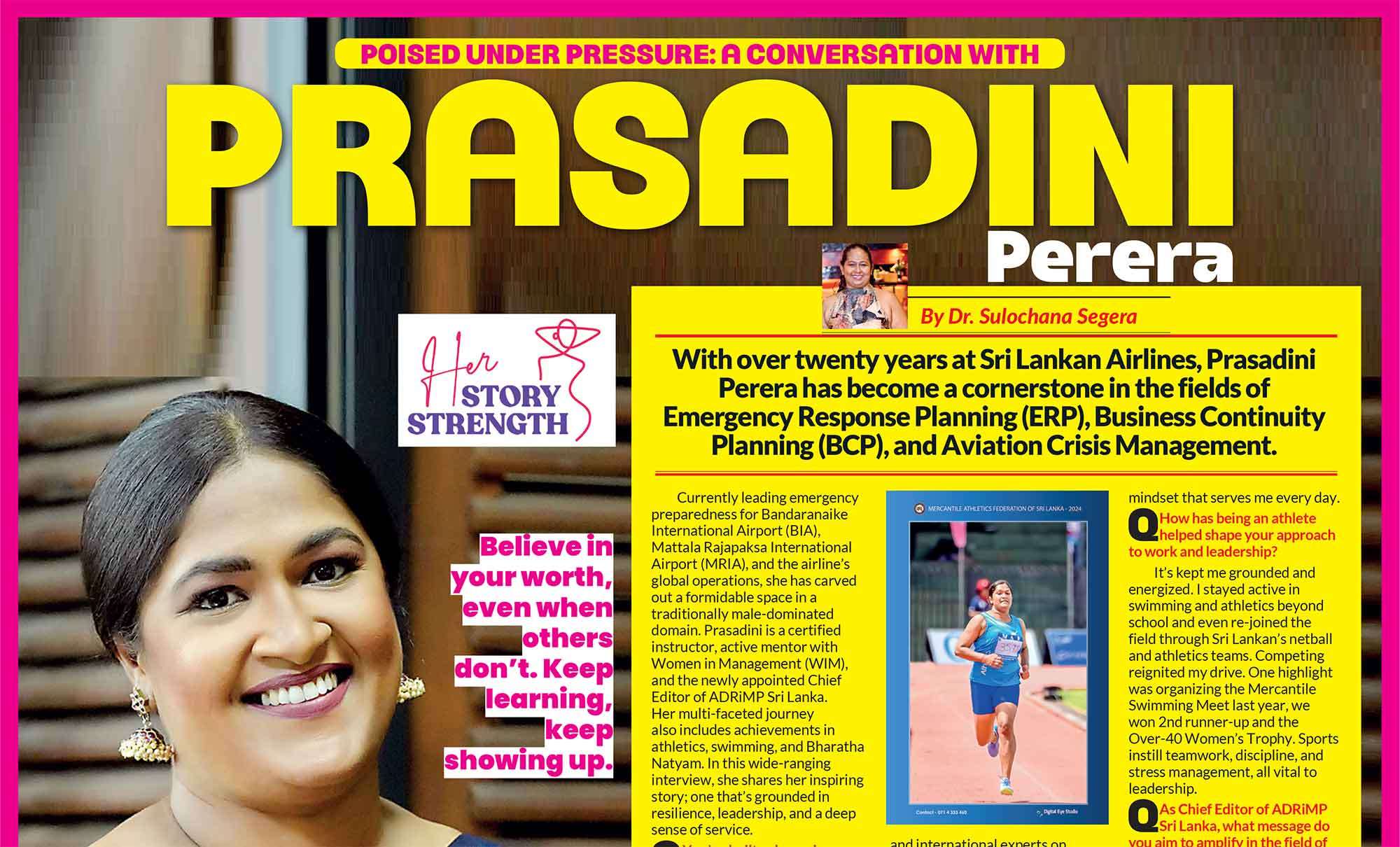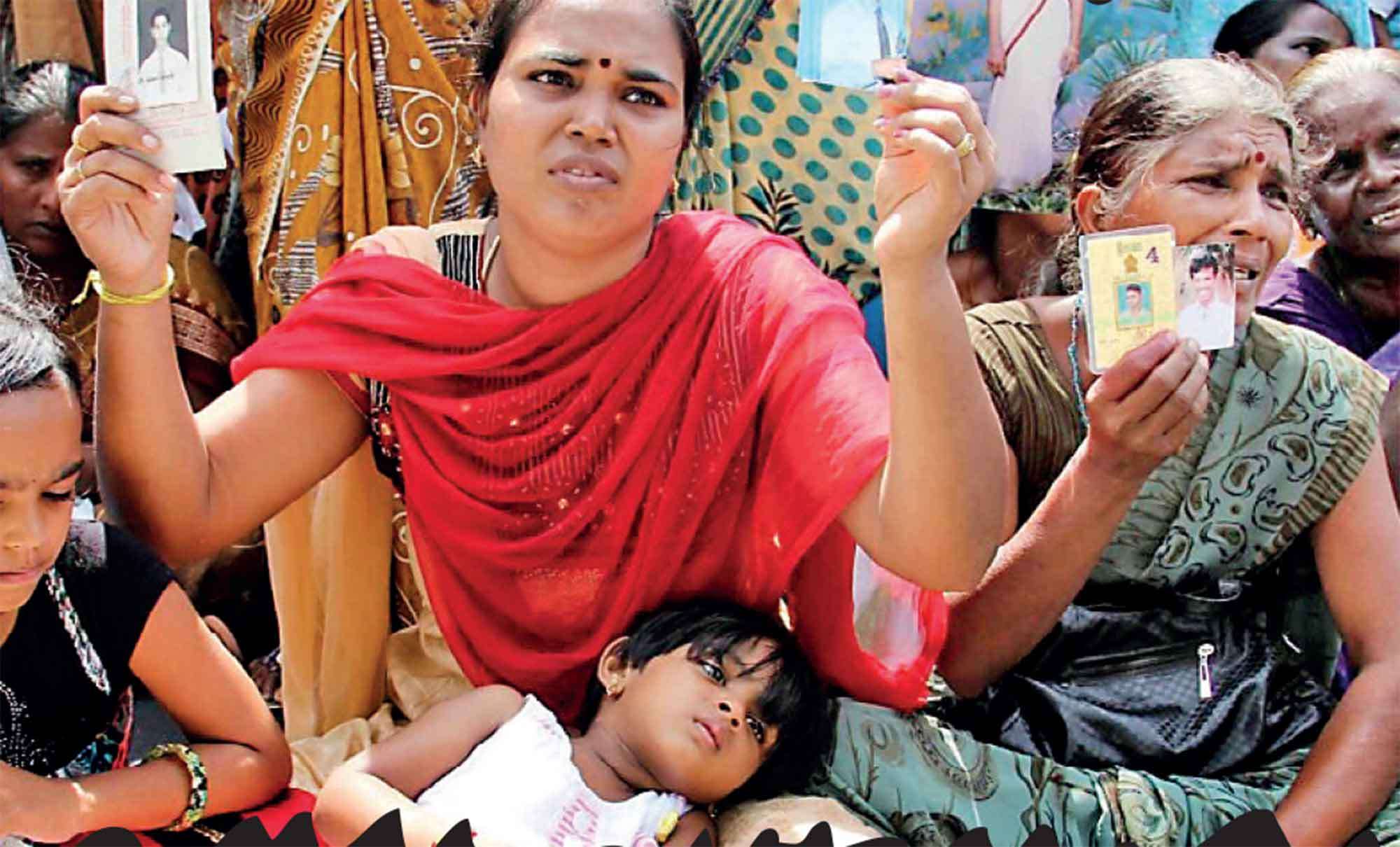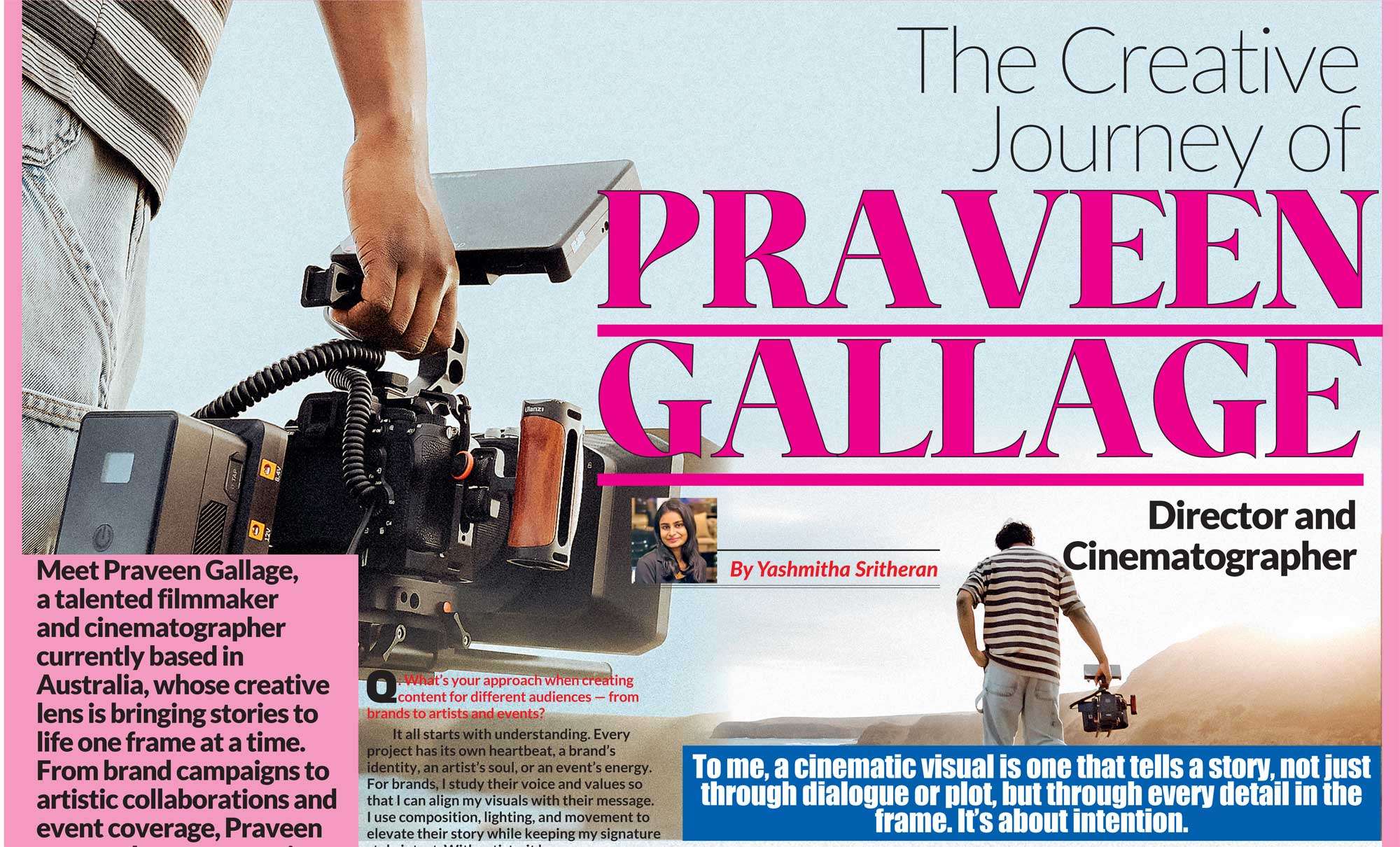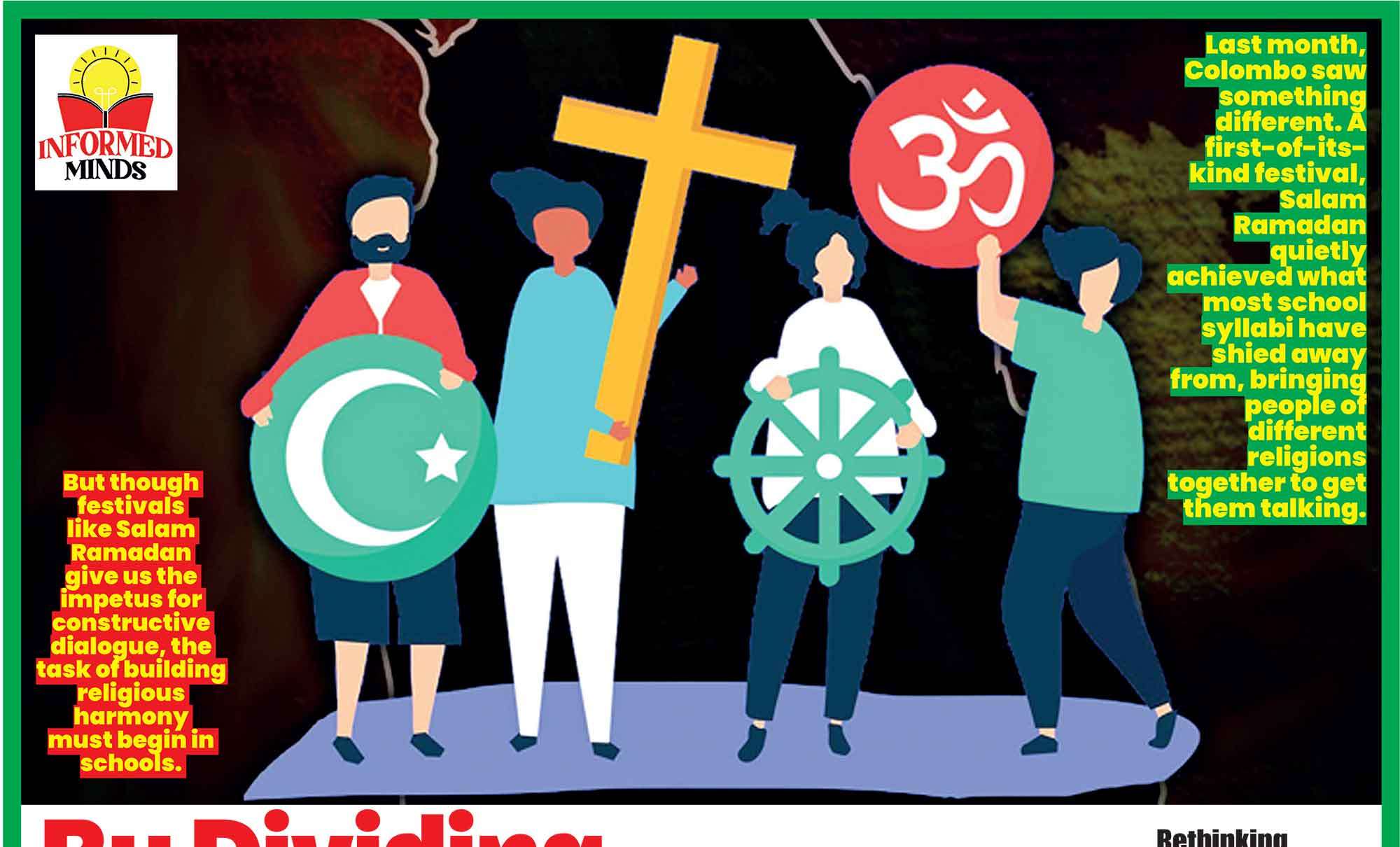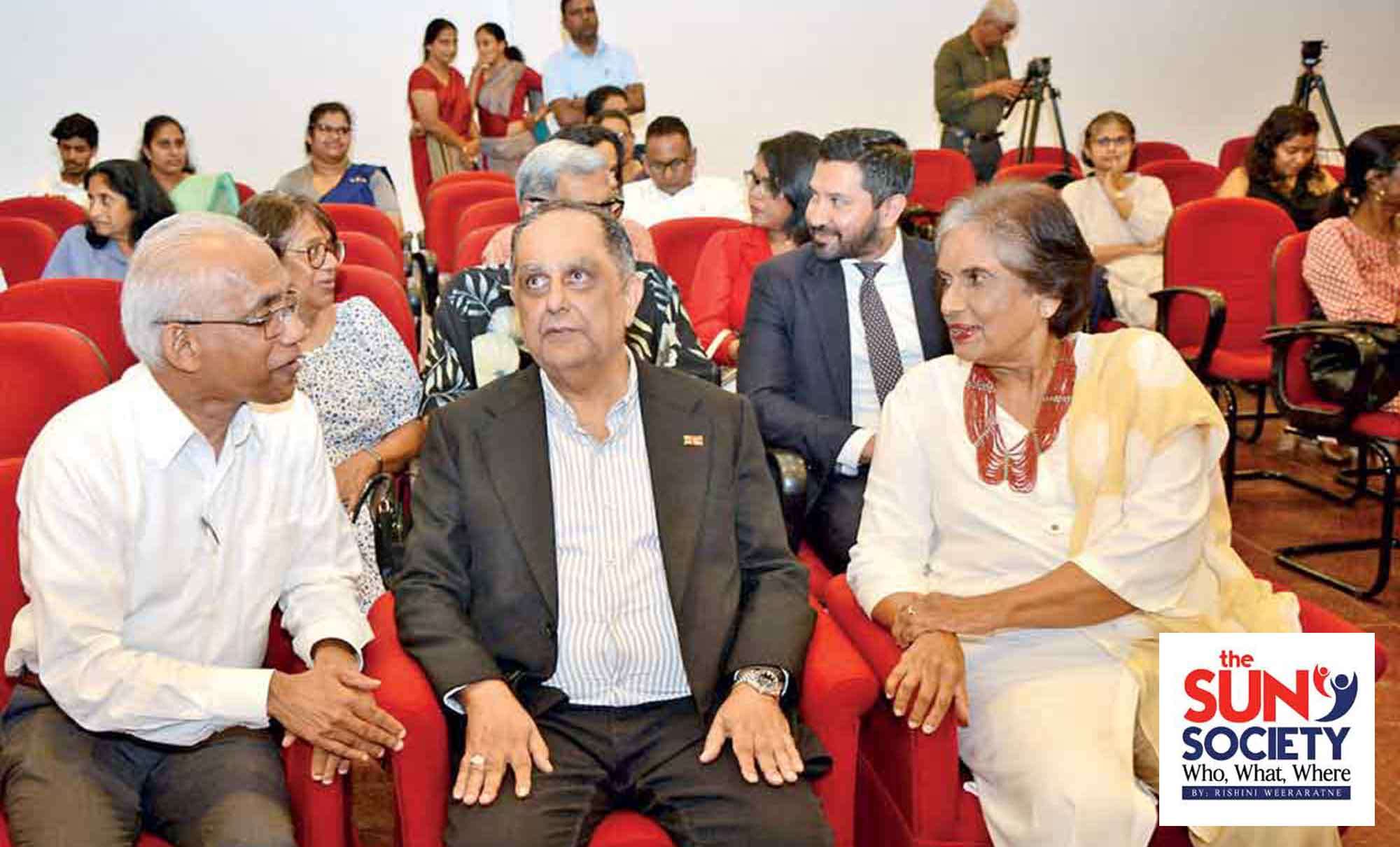Why Society Fears the Single, Unmarried, Successful Woman
In a world that prides itself on progress, equality, and empowerment, one figure remains oddly controversial: the single, never-been-married, successful woman. She is polished, accomplished, and financially independent. She travels solo, makes her own decisions, and doesn’t seek validation through a ring on her finger. And yet, her freedom is the subject of endless whispers, rumours, and suspicion.
Why is she, more than her married or divorced counterparts, under constant scrutiny?
We live in an era where women are CEOs, politicians, artists, scientists, and entrepreneurs. They are leading revolutions and boardrooms. And yet, if a woman in her 30s or 40s has never been married, especially if she is thriving, society begins to ask uncomfortable, deeply sexist questions.
- How did she afford that?
- Who is funding her lifestyle?
- Is she seeing someone’s husband?
- Did she inherit everything?
- Did she sleep her way to the top?
These questions aren’t curiosities. They are accusations cloaked in concern. They’re subtle, and sometimes not so subtle, ways of punishing a woman for existing outside the confines of the conventional life script: marriage, children, domesticity.
The minute a woman becomes too self-sufficient, she is no longer palatable.
And power, when held by a woman who answers to no one, makes people uncomfortable.
The Patriarchy’s Favourite Myth: A Woman Must Belong to Someone
For centuries, women’s worth was tied to their ability to marry well. A woman without a husband was a burden to her family, an anomaly in society, or a threat to other women. A spinster. A seductress. A lonely soul to be pitied. If a woman can be whole without a man, then patriarchy trembles. If she doesn’t need to be rescued, what happens to the saviour story men have been taught to star in?
Independence as a Threat
When a woman earns her own money, owns her own property, manages her own inheritance, and defines her own identity outside of romantic relationships, she becomes powerful. And power, when held by a woman who answers to no one, makes people uncomfortable. That discomfort often manifests as hostility, disguised as gossip.
- “She’s probably sleeping with the boss.”
- “She must have a sugar daddy.”
- “She’s so aggressive; no wonder she’s single.”
- “She’s a bitch!”
- “She’s probably barren; that’s why she didn’t marry.”
These statements reflect more about societal insecurity than the woman herself. They are designed to bring her back down, to reduce her success to something scandalous or shameful. And they are rarely, if ever, hurled at divorced women or widows with the same venom. Why? Because a woman who was married has played the game. She followed the rules, even if it didn’t work out. She was, at some point, “settled, and behaved.” But a woman who has never been married, who never even needed to be chosen, is more dangerous. She opted out. And that is the ultimate rebellion.

The Fetishisation and Fear of the “Strong Woman”
There’s a paradox at play. Society tells women to be ambitious, to lean in, to succeed; but only to a point. There’s a thin line between being “inspiring” and being “too much.” The minute a woman becomes too self-sufficient, she is no longer palatable. This shows up in media all the time. Films portray career women as cold, lonely, and ultimately unfulfilled until they settle down. Magazine profiles often read like apologies: “She’s wildly successful; but she still hopes to find love.” As if love is the ultimate achievement. As if her millions, her company, her books, her art, mean less until a man validates them. And heaven forbid she says she doesn’t want to marry.
The Politics of Respectability
What’s even more revealing is that the same women who are praised in glossy covers for being “trailblazers” are the ones quietly battling character assassination behind the scenes. Colleagues assume they slept their way up the ladder. Society treats their lifestyle with suspicion. Friends in more “traditional” paths may envy them, and that envy can morph into judgment. Respectability politics plays a major role here. A woman who follows the social blueprint (get married, have children, post the family Christmas card) is respected. A woman who tears up the blueprint is tolerated at best, resented at worst.
The Deep Need to Explain Her Success
When a man is successful, we applaud him. We assume hard work, talent, and perhaps a bit of luck. When a woman is successful, especially an unmarried one, our assumptions change. We seek external explanations.
- She must have had connections. Perhaps inherited a strong network from her family?
- A social climber?
- She must be manipulative!
- She must be using someone!
Why is it so hard to believe that she’s simply good at what she does?
Perhaps she outstudied her peers. Perhaps she sacrificed weekends while others rested. Maybe she made smart investments, or yes, inherited family wealth and multiplied it with discipline and foresight. Perhaps she devoted her time to cultivating a powerful network across multiple cities, nurturing meaningful relationships with care. Perhaps, she juggled multiple contracts, took bold risks, and endured years of sleepless nights. So why, then, does her success provoke suspicion instead of admiration? Because believing she earned it would force us to confront our own biases. And perhaps, the limitations we’ve accepted in our own lives.

Because in the end, the most dangerous woman is the one who needs no permission. And perhaps, that’s exactly the kind of woman the world needs more of.
The Real Cost of Freedom
It’s important to understand that being single and successful is not necessarily easy. These women face isolation, judgment, and a constant battle for respect. They have to fight for a seat at the table, and then justify why they’re sitting there alone. They’re often left out of conversations about family and community, treated as incomplete. They’re expected to work harder because they’re “not tied down.” They’re expected to be available, emotionally, and physically, because they don’t have the “responsibilities” of motherhood or marriage. And they’re denied empathy in times of grief or stress, because, after all, “they chose this life.” But did they? Or did they simply refuse to settle?
It’s time we challenge these narratives. The single, unmarried, successful woman is not a cautionary tale; she is a symbol of possibility.
Celebrating a New Archetype
It’s time we challenge these narratives. The single, unmarried, successful woman is not a cautionary tale; she is a symbol of possibility. She represents a path that doesn’t depend on romantic validation. A path that says you are enough on your own. And isn’t that the scariest, most radical idea of all? That a woman could be enough. It’s time we asked ourselves: why are we so uncomfortable with women who don’t need us? And more importantly: what would happen if we celebrated them instead of tearing them down? Perhaps then, we’d build a world where freedom isn’t feared, but honoured. Where a woman’s life isn’t judged by her marital status, but by the courage it took to live it on her own terms.







